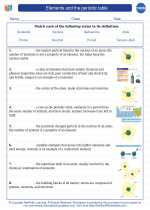Consumers in Chemistry
In chemistry, consumers refer to substances that react with and use up other substances in a chemical reaction. The concept of consumers is often discussed in the context of chemical reactions and stoichiometry.
Understanding Consumers
In a chemical reaction, the substances that are used up are known as reactants, while the substances that are produced are called products. Consumers are the reactants that are completely used up in the reaction, meaning they are completely converted into products.
Examples of Consumers
One common example of a consumer in chemistry is the combustion of hydrocarbons, such as the burning of natural gas. In this reaction, the hydrocarbon (e.g., methane) is the consumer as it reacts with oxygen to produce carbon dioxide and water as the products.
Stoichiometry and Consumers
Stoichiometry is the area of chemistry that deals with the quantitative relationships in chemical reactions. When performing stoichiometric calculations, it is important to identify the consumers in order to determine the amounts of reactants needed and the amounts of products produced.
Study Guide for Consumers in Chemistry
- Understand the concept of consumers as substances that are used up in a chemical reaction.
- Be able to identify consumers and products in a given chemical reaction.
- Practice stoichiometry problems involving consumers to calculate reactant and product quantities.
- Explore real-world examples of consumer reactions, such as combustion and oxidation reactions.
- Review the conservation of mass principle and its application to consumers and products in chemical reactions.
By mastering the concept of consumers in chemistry and their role in chemical reactions, you will develop a deeper understanding of stoichiometry and reaction calculations.
.◂Chemistry Worksheets and Study Guides High School. Elements and the periodic table
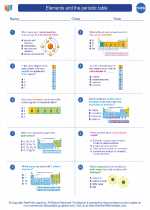
 Worksheet/Answer key
Worksheet/Answer key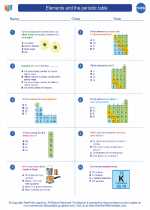
 Worksheet/Answer key
Worksheet/Answer key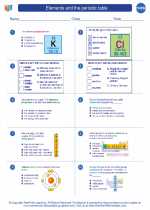
 Vocabulary/Answer key
Vocabulary/Answer key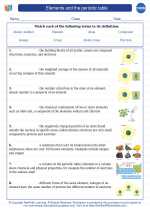
 Vocabulary/Answer key
Vocabulary/Answer key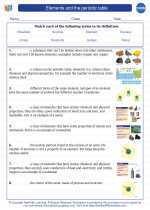
 Vocabulary/Answer key
Vocabulary/Answer key